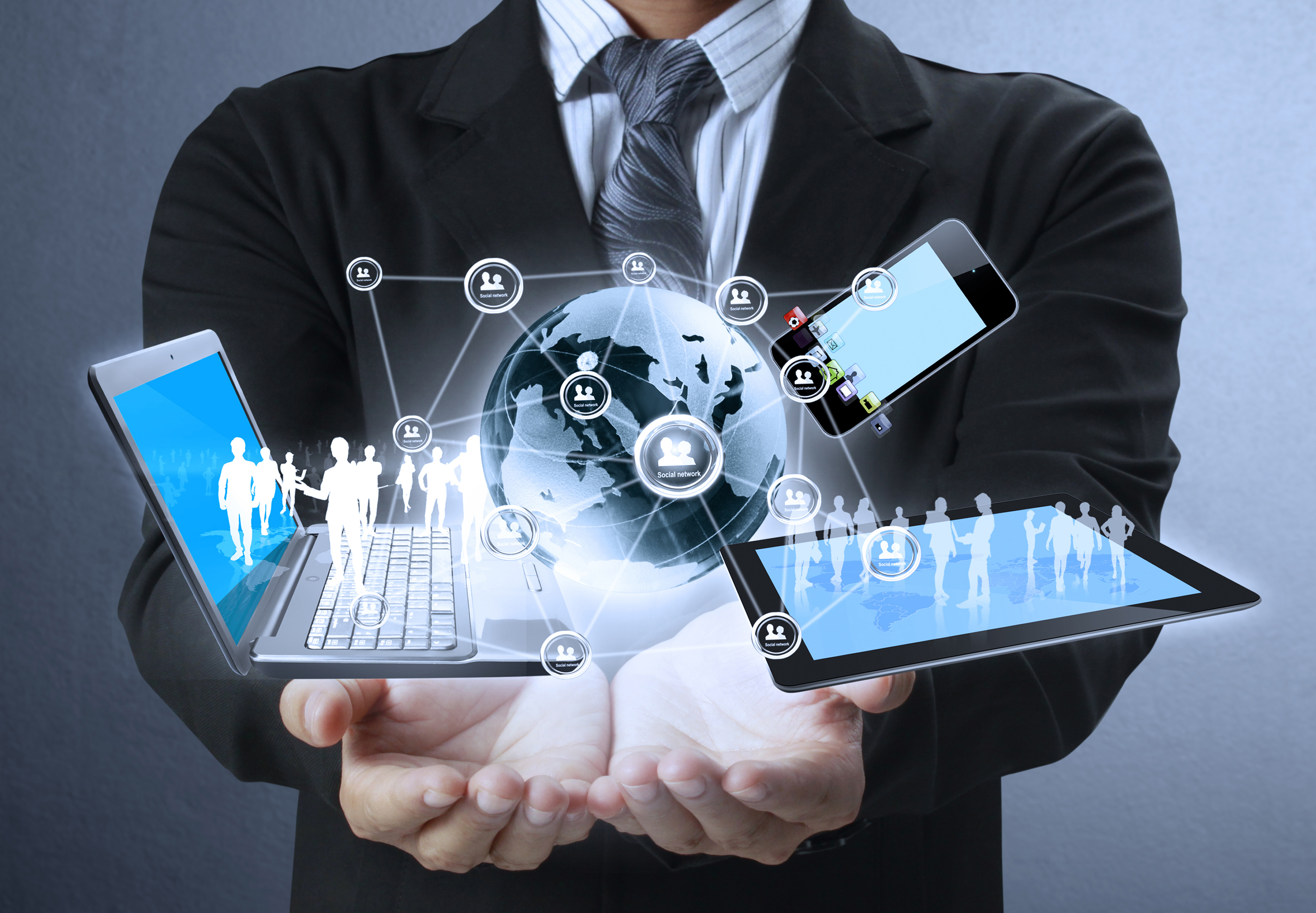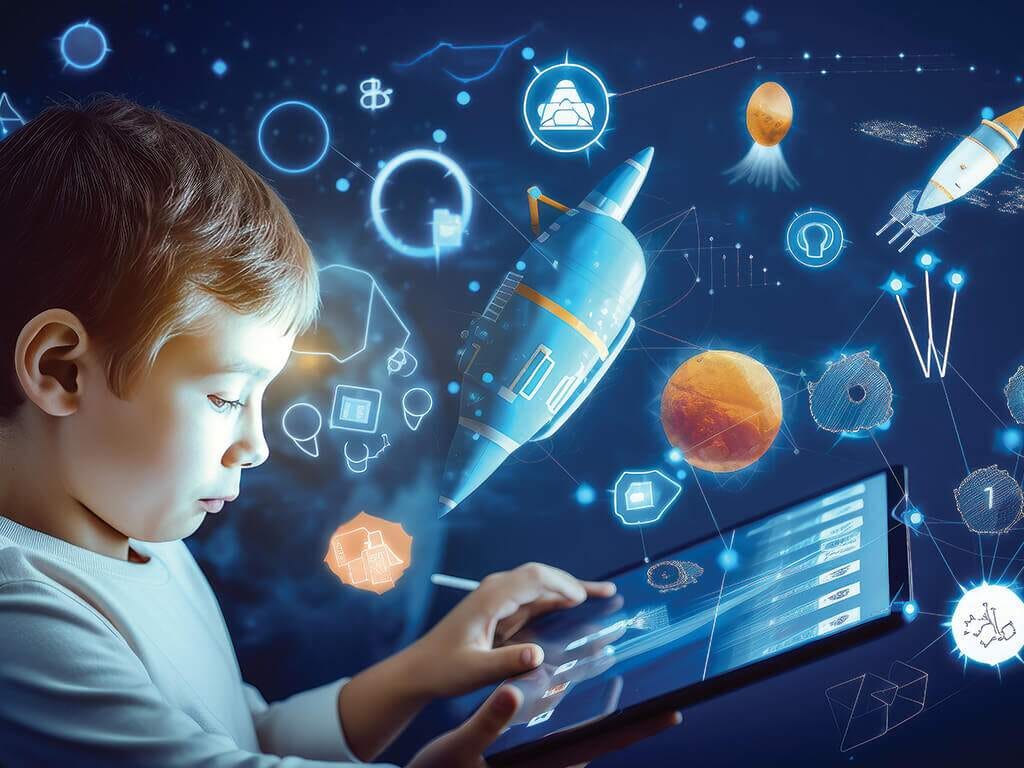Part 4: Applications of Artificial Intelligence in Real Life
Part 4: Applications of Artificial Intelligence in Real Life
Artificial Intelligence is not just a futuristic idea—it is already part of our everyday lives. From smartphones to hospitals, AI is transforming industries and creating smarter solutions for real-world challenges. Below are the most impactful applications of AI in 2025.
1. AI in Healthcare
Healthcare is one of the biggest beneficiaries of Artificial Intelligence. AI systems help doctors diagnose diseases, analyze medical images, and even suggest treatment options.
- Medical Imaging: AI detects tumors in X-rays and MRIs faster than humans.
- Drug Discovery: AI models speed up the creation of new medicines.
- Personalized Medicine: AI suggests treatments based on a patient’s genetics and lifestyle.
2. AI in Business
Companies use AI to improve decision-making, automate customer support, and increase efficiency. In 2025, many organizations rely on AI-powered chatbots, predictive analytics, and marketing tools.
- Customer Support: AI chatbots provide 24/7 service.
- Fraud Detection: AI identifies unusual transactions in real time.
- Supply Chain Optimization: AI predicts demand and reduces waste.
3. AI in Education
Education is being reshaped by AI through personalized learning and intelligent tutoring systems. Teachers use AI tools to better understand student performance and provide tailored resources.
- Adaptive Learning Platforms: AI adjusts lessons to match student progress.
- Automated Grading: NLP tools grade essays and assignments instantly.
- Language Learning: AI-powered apps help students practice and improve quickly.
4. AI in Transportation
AI is at the heart of self-driving cars and intelligent traffic systems. Cities are using AI to reduce congestion, improve road safety, and optimize logistics.
- Autonomous Vehicles: Self-driving cars use sensors and AI to navigate safely.
- Smart Traffic Lights: AI adjusts signals based on real-time traffic flow.
- Logistics & Delivery: AI helps companies like Amazon and DHL deliver faster.
5. AI in Science & Research
Researchers use AI to analyze massive datasets in fields like astronomy, climate science, and biology. For instance, AI helps identify new planets, predict climate changes, and even simulate protein folding for medical research.
6. AI in Daily Life
Even without realizing it, most people interact with AI every day. Whether through a voice assistant like Siri, YouTube’s recommendation engine, or smart home devices, AI quietly powers modern living.
- Voice Assistants: Alexa, Google Assistant, and Siri help with daily tasks.
- Entertainment: Netflix and Spotify use AI to recommend shows and music.
- Smart Homes: AI-enabled devices manage lights, security, and energy use.
- Healthcare: AI saves lives through early diagnosis.
- Business: AI drives efficiency and security.
- Education: AI personalizes learning for students.
- Transportation: AI makes travel safer and faster.
- Science: AI accelerates discoveries.
- Daily Life: AI powers convenience and entertainment.





Comments
Post a Comment